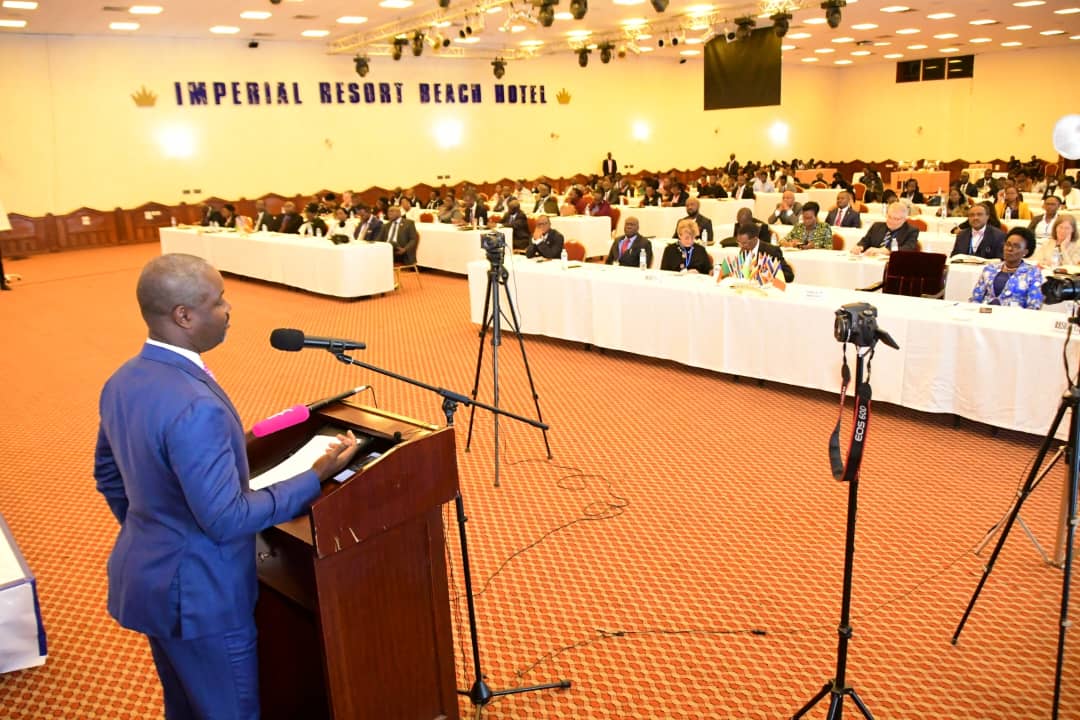Just two days after the Ghanaian Parliament passed a motion to abolish capital punishment, Deputy Speaker of Parliament, Thomas Tayewa, has courageously expressed his unwavering support for the abolition of the death penalty.
During a four-day convention for advocates from various English-speaking African countries held at the Imperial Resort Hotel in Entebbe, Tayewa passionately shared his personal beliefs on crucial issues, particularly emphasizing the sanctity of life.
Tayewa’s stance carries significant weight as out of the 54 countries in Africa, 17 have already completely abolished the death penalty, and 22 others are considered abolitionist in practice.
He questioned the effectiveness and impact of the death penalty, noting that Uganda’s last legally sanctioned executions occurred over two decades ago in 2001. Currently, courts lean towards imposing life imprisonment for serious criminals.
“It is high time we sat down and reviewed the issue of the death penalty. I believe in the sanctity of life and in any case how many convicts have been hanged in the last so many years?” Tayewa said
In addition to advocating for the abolition of the death penalty, Tayewa also discussed the importance of religious freedom. While supporting religious freedom, he acknowledged that certain situations, such as the tragic cases of cults in Uganda and Kenya, require close monitoring by the state to protect society without infringing on individual rights.
Tayewa also addressed criticism surrounding his support for the Anti-homosexuality Bill, stressing that leaders should not always choose the safest path but rather stand firm in their convictions.
During the convention, other speakers emphasized the need for lawyers to address societal issues proactively, safeguard the judiciary from political influence, and equip Christian practitioners with essential values and skills to navigate the complexities of the legal profession.
Throughout the event, the power of unity among African advocates was a prevailing theme, with discussions focusing on the potential establishment of cross-border law firms to serve the continent more effectively.
The convention provided a vital platform for exploring the law’s significance as a tool for positive change in society, reinforcing the responsibilities of Christian lawyers to uphold their faith-based values in their professional endeavors.





